In today’s fast-paced world, staying connected is a necessity, especially when you're on the road. Whether you're navigating through unfamiliar territories, streaming your favorite tunes, or relying on your GPS for directions, your mobile devices play an indispensable role during road trips. But what happens when your device’s battery drains unexpectedly, and there’s no charging point in sight? Enter the USB cigarette lighter adapter – a compact, versatile accessory that transforms your vehicle’s cigarette lighter socket into a valuable charging station.
This guide will explore everything you need to know about USB cigarette lighter adapters, from how they work to the key features you should look for when purchasing one. Additionally, we’ll highlight tips on how to maximize their efficiency and extend their lifespan.

What Is a USB Cigarette Lighter Adapter?
A USB cigarette lighter adapter is a small, portable device designed to convert your car’s cigarette lighter socket (also known as the 12V power outlet) into a charging port for USB devices. Originally created to power cigarette lighters, the 12V socket has since been adapted for a variety of purposes, with charging USB-powered electronics being one of the most popular uses today. This makes the adapter a vital tool for modern-day drivers who need a reliable way to keep their devices powered during long drives.
How Does a USB Cigarette Lighter Adapter Work?
At its core, the USB cigarette lighter adapter functions by converting the high voltage supplied by your car's cigarette lighter socket (usually 12V) into the lower, safe voltage required by most USB-powered devices (typically 5V). When you plug the adapter into the socket, it draws power from the car's battery and efficiently delivers it to your devices through its USB ports.
For instance, when you plug in a smartphone or tablet, the adapter converts the car's electrical output to the appropriate voltage, enabling fast and safe charging. In cases of vehicles with 24V sockets, commonly found in larger trucks, the adapter adjusts the voltage to suit the device’s charging requirements.
Moreover, many modern adapters are equipped with fast-charging capabilities, allowing you to charge devices more quickly. This is especially useful during short commutes or when you need to boost your device's power in a short amount of time.
Key Features to Consider When Buying a USB Cigarette Lighter Adapter
When shopping for the ideal USB cigarette lighter adapter, it’s essential to consider several factors to ensure efficient and safe charging. Here are the key features to look for:
1. Number of USB Ports
The number of USB ports available on an adapter determines how many devices can be charged simultaneously. If you travel with multiple gadgets or have passengers who rely on their devices, it’s ideal to choose an adapter with at least two or more ports. Some adapters feature even more, allowing you to power smartphones, tablets, GPS units, and other accessories simultaneously.
2. Power Output
The power output of an adapter is measured in amps (A), and it varies depending on the device you intend to charge. Most smartphones require 1-2 amps, while tablets and larger electronics may demand up to 2.4 amps or more. High-quality adapters can deliver up to 3.0 amps per port or more for faster charging. Ensure that the adapter you choose meets the charging requirements of your devices to avoid slow or inefficient charging.
3. Compatibility with Fast Charging
If you own devices that support fast charging, such as smartphones or tablets, it’s crucial to select an adapter that is compatible with fast-charging standards. Look for adapters that support Qualcomm Quick Charge or USB Power Delivery (PD). These technologies can significantly reduce charging time, providing a convenient solution for quick device boosts during short stops.
4. Safety Features
Charging devices in your car requires a level of safety to prevent overheating, overcurrent, and short circuits. The best USB cigarette lighter adapters come equipped with several safety features to protect both your devices and your car’s electrical system. Look for adapters that offer overcurrent protection, overheating protection, and short-circuit protection to ensure secure charging.
5. Build Quality and Durability
The build quality of the adapter is essential for longevity. A durable adapter constructed from high-quality materials, such as heat-resistant plastics and premium internal components, will provide a longer lifespan and reliable performance. Avoid adapters that feel flimsy or use subpar materials, as they may overheat or fail prematurely.
6. Compact Design
While many adapters offer multiple USB ports, some can be quite bulky. Choose a compact, low-profile design that fits snugly into your car’s cigarette lighter socket without protruding too much. A sleek design minimizes the risk of the adapter being dislodged or damaged while driving.

How to Choose the Best USB Cigarette Lighter Adapter for Your Needs
When evaluating which adapter to purchase, consider the specific needs of your travel or commuting habits. Frequent drivers, road trippers, and families with multiple devices will benefit from an adapter with multiple USB ports and fast-charging capabilities.
For those who only need to charge one device at a time, a single-port adapter may suffice. Be sure to select one that offers high power output for efficient charging. Always verify that the adapter is compatible with your vehicle’s electrical system (12V or 24V) and check the compatibility with your devices’ charging specifications.
Tips for Using and Maintaining Your USB Cigarette Lighter Adapter
To ensure that your USB cigarette lighter adapter performs optimally over time, follow these tips:
1. Avoid Overloading the Adapter
While it's convenient to charge multiple devices at once, overloading the adapter can lead to overheating or potential failure. Adhere to the manufacturer’s guidelines on maximum device limits to avoid damage.
2. Keep the Socket Clean
Dust and debris can accumulate in the cigarette lighter socket, obstructing the adapter’s connection. Use compressed air or a dry cloth to clean the socket regularly and ensure a stable connection.
3. Use Quality Cables
While the adapter plays a critical role in charging, the cable you use also significantly impacts charging speed. Opt for high-quality, certified cables to prevent slow charging and potential safety risks.
4. Store the Adapter Properly
Though durable, USB cigarette lighter adapters should be stored properly when not in use. Avoid exposing them to extreme temperatures or leaving them in direct sunlight for extended periods, as this could damage the internal components.
Conclusion
The USB cigarette lighter adapter is a simple yet highly effective tool that ensures your devices stay charged during car journeys. With a wide range of options available, it’s essential to select one that meets your specific needs, taking into account factors such as the number of USB ports, power output, and compatibility with fast-charging technologies.
By choosing a high-quality adapter and following proper usage and maintenance practices, you can ensure your adapter remains functional and efficient for many years to come, making it an indispensable accessory for any driver.
FAQ Section
Is it Safe to Leave a USB Charger in the Cigarette Lighter Socket?
It is generally safe to leave a USB charger plugged into the cigarette lighter socket, provided that the vehicle’s electrical system is designed to prevent battery drain when the car is off. However, it's always a good idea to check your vehicle’s manual for details regarding the power supply to the lighter socket when the ignition is off.
Can All USB Cigarette Lighter Adapters Be Used with Any Car?
Most USB cigarette lighter adapters are universally compatible with vehicles that feature 12V or 24V power outlets. However, it is always recommended to verify the voltage specifications and ensure the adapter matches your car’s electrical system.
How Do I Know If My Adapter Supports Fast Charging?
Adapters that support fast charging will usually be marked with standards like Qualcomm Quick Charge or USB Power Delivery. Check the product specifications to ensure it delivers the required power output, typically 18W or more, for fast charging.
Related reading:
Car Charger vs. Power Bank: Which Is Best for Your Charging?

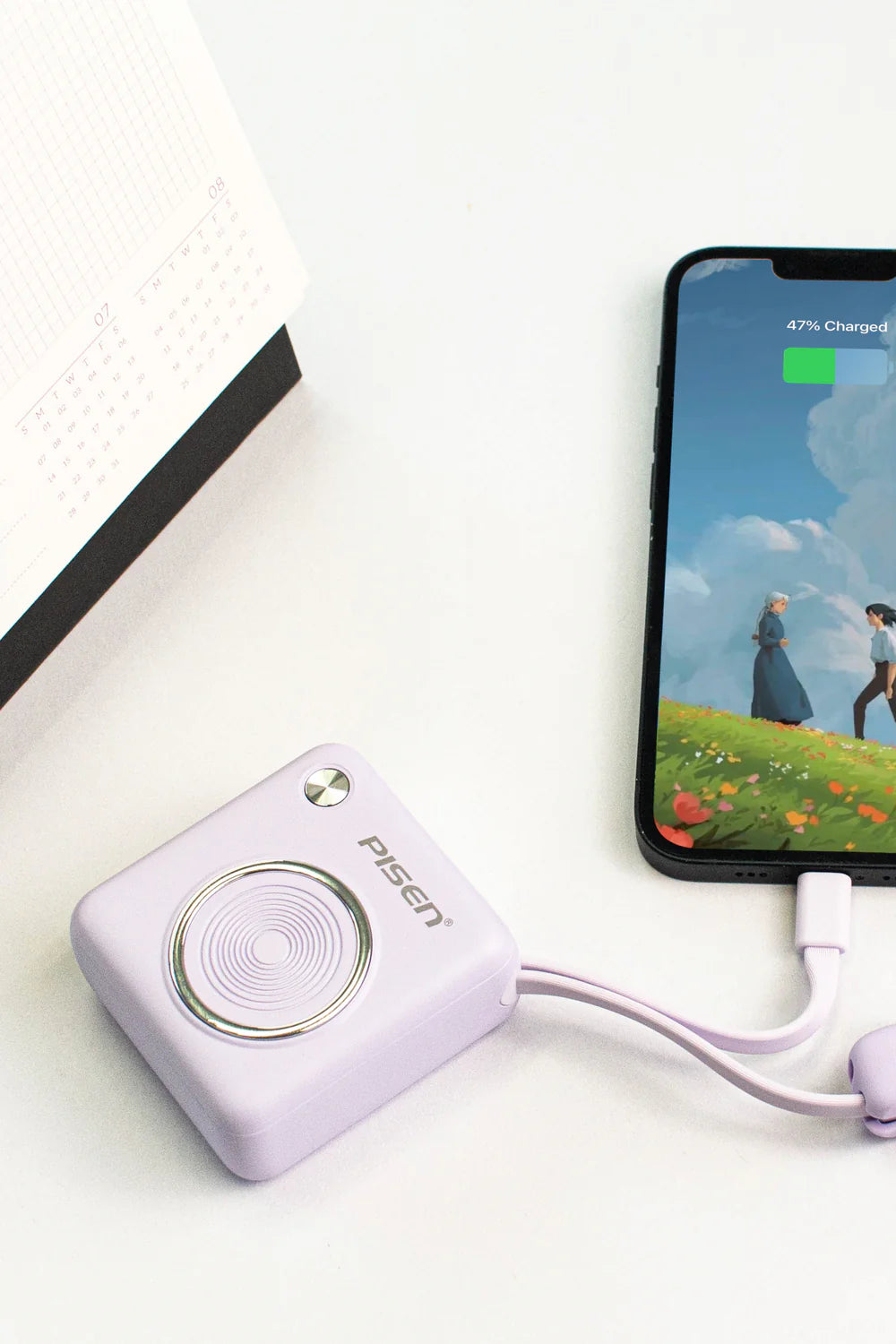
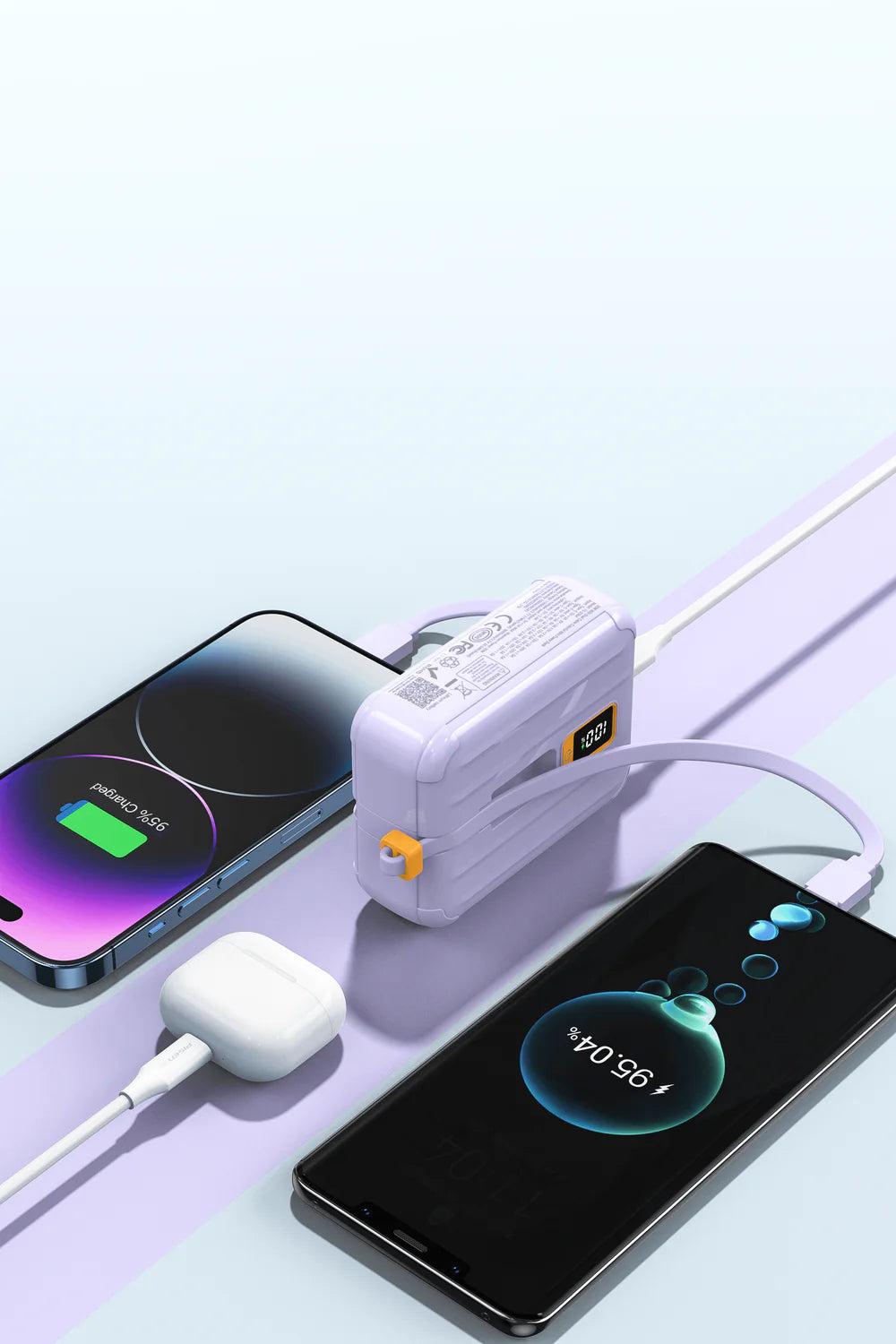
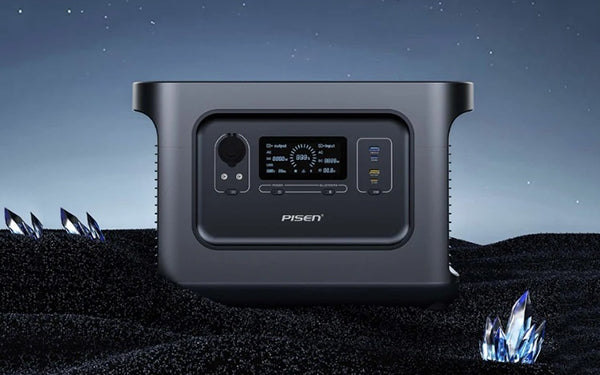
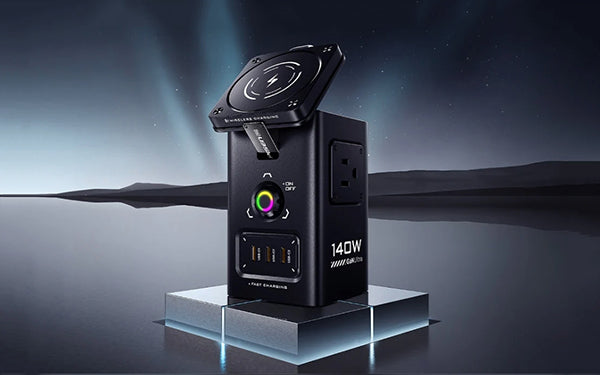
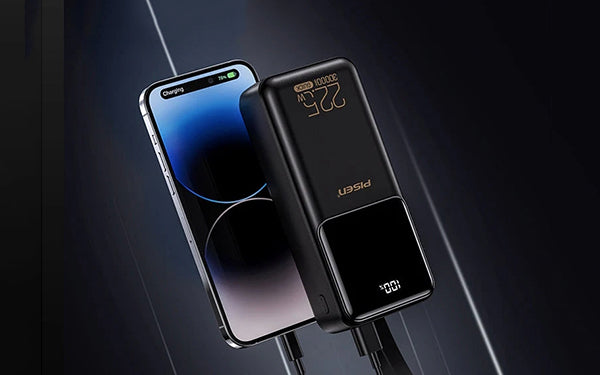




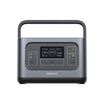
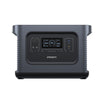
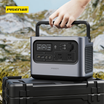
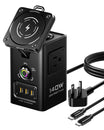



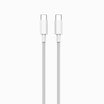

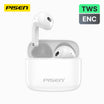
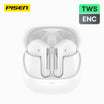
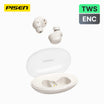
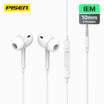

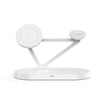
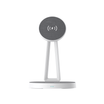
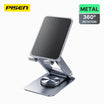
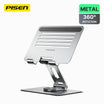
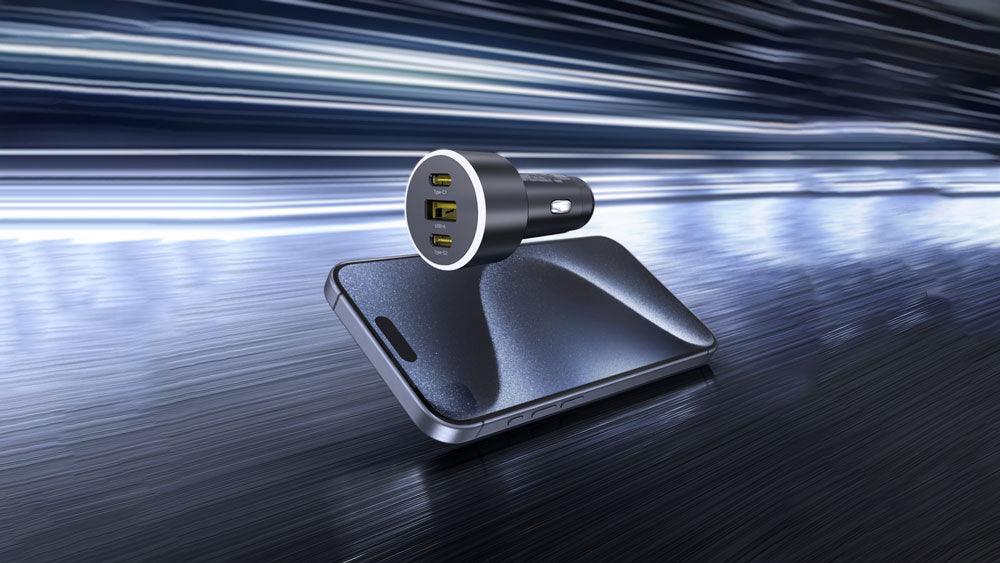
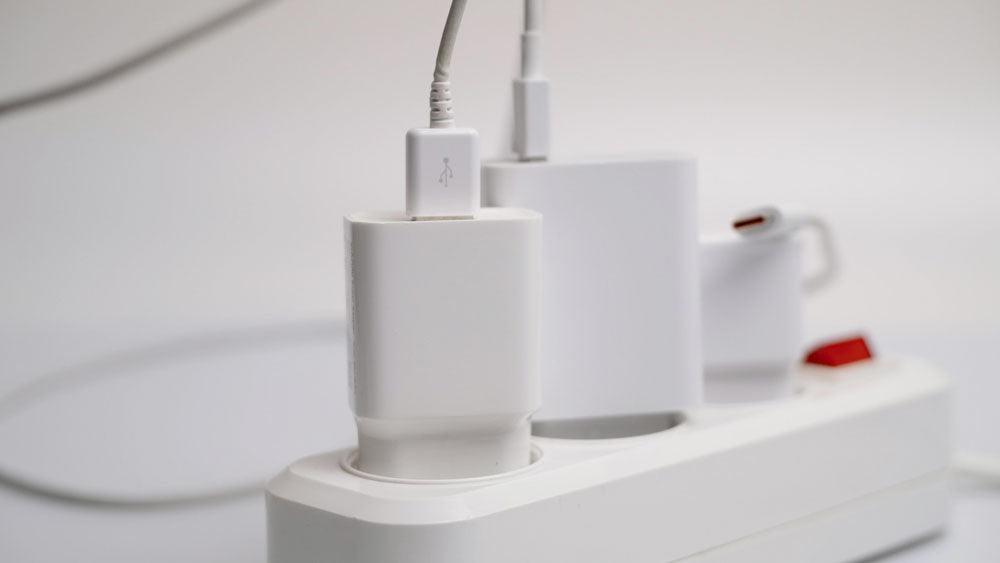
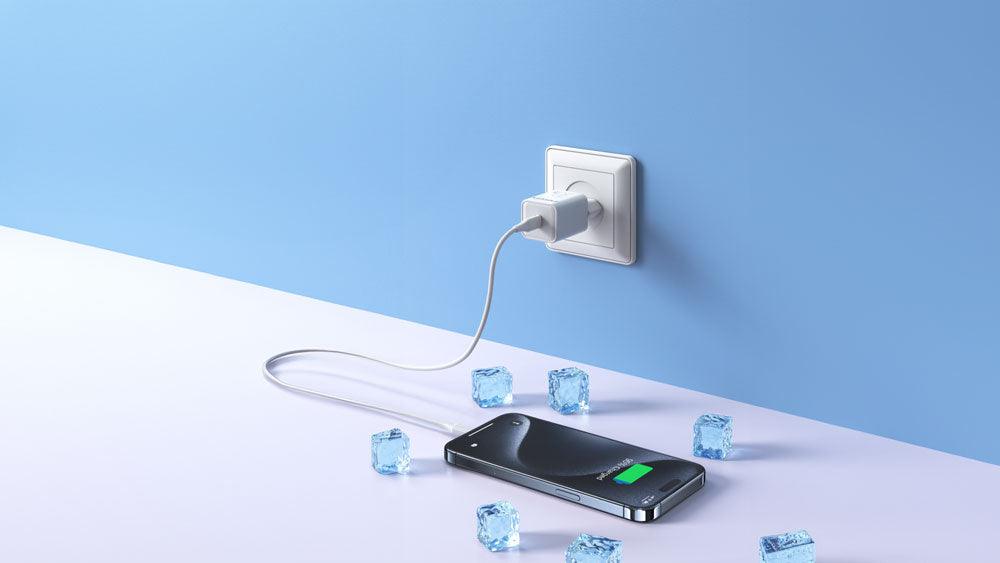
Leave a comment
This site is protected by hCaptcha and the hCaptcha Privacy Policy and Terms of Service apply.